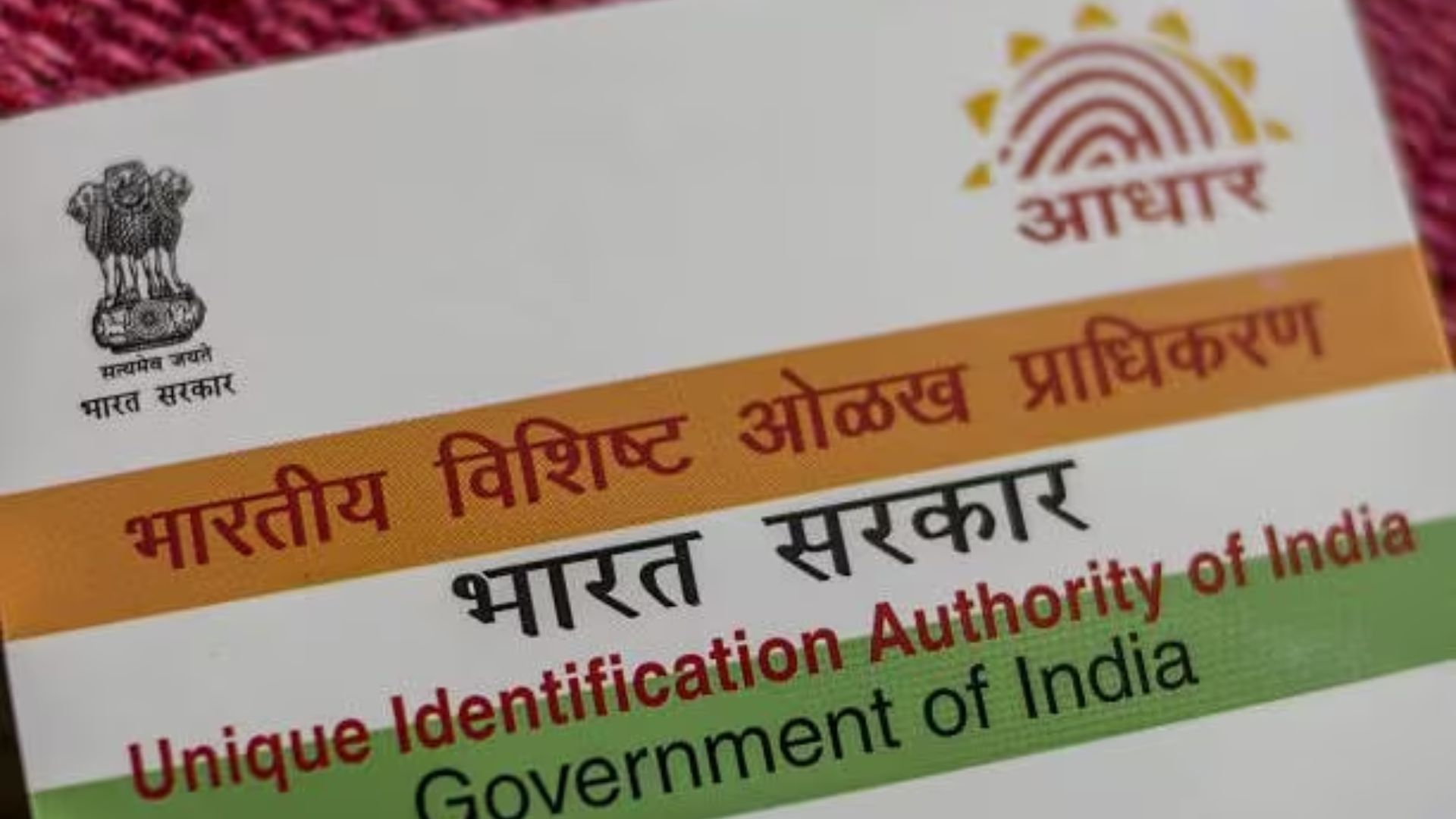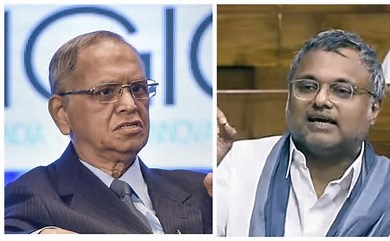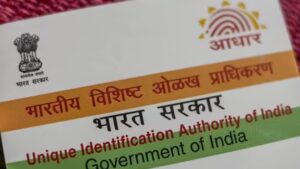For the first time, the Centre has authorized the Union Public Service Commission (UPSC) to use Aadhaar-based authentication for verifying candidates’ identities on a voluntary basis during registration and various stages of examinations and recruitment. This decision follows last month’s cancellation of provisional candidature for probationary IAS officer Puja Khedkar, who was barred from future exams for fraudulently exceeding the allowed attempts in the civil services examination.
Khedkar was also accused of improperly using disability and Other Backward Classes (OBC, non-creamy layer) quotas, among other allegations.
According to a notification from the Personnel Ministry, the UPSC is now permitted to perform Aadhaar authentication voluntarily to verify candidates’ identities at the time of registration on the ‘One Time Registration’ portal and at different stages of examination or recruitment tests. This will utilize Yes/No or e-KYC authentication facilities.
The commission is required to comply with all provisions of the Aadhaar (Targeted Delivery of Financial and Other Subsidies, Benefits, and Services) Act, 2016, as well as the related rules, regulations, and directions issued by the Unique Identification Authority of India (UIDAI).
Aadhaar is a unique 12-digit identification number issued by the UIDAI based on biometric and demographic data of eligible citizens.
In July, the UPSC took several actions against Khedkar, including filing a forgery case for attempting the civil services exam by falsifying her identity. The Delhi Police subsequently registered a case and initiated an investigation.
Khedkar, who was provisionally allotted to the Indian Administrative Service (2023 batch, Maharashtra cadre), was also accused of abusing power and privileges during her training in Pune.
Additionally, in June, the UPSC decided to implement facial recognition and artificial intelligence-based CCTV surveillance systems to prevent cheating and impersonation in its examinations. It invited bids from public sector undertakings for two technological solutions: “Aadhaar-based fingerprint authentication (or digital fingerprint capturing) and facial recognition of candidates, along with QR code scanning of e-admit cards” and “Live AI-based CCTV surveillance service” to be used during the examination process.
The UPSC conducts 14 major exams annually, including the prestigious civil services examination for selecting officers for the Indian Administrative Service (IAS), Indian Foreign Service (IFS), and Indian Police Service (IPS). It also conducts numerous recruitment tests and interviews each year for induction into Group ‘A’ and Group ‘B’ posts of the central government, with lakhs of candidates participating across the country.














